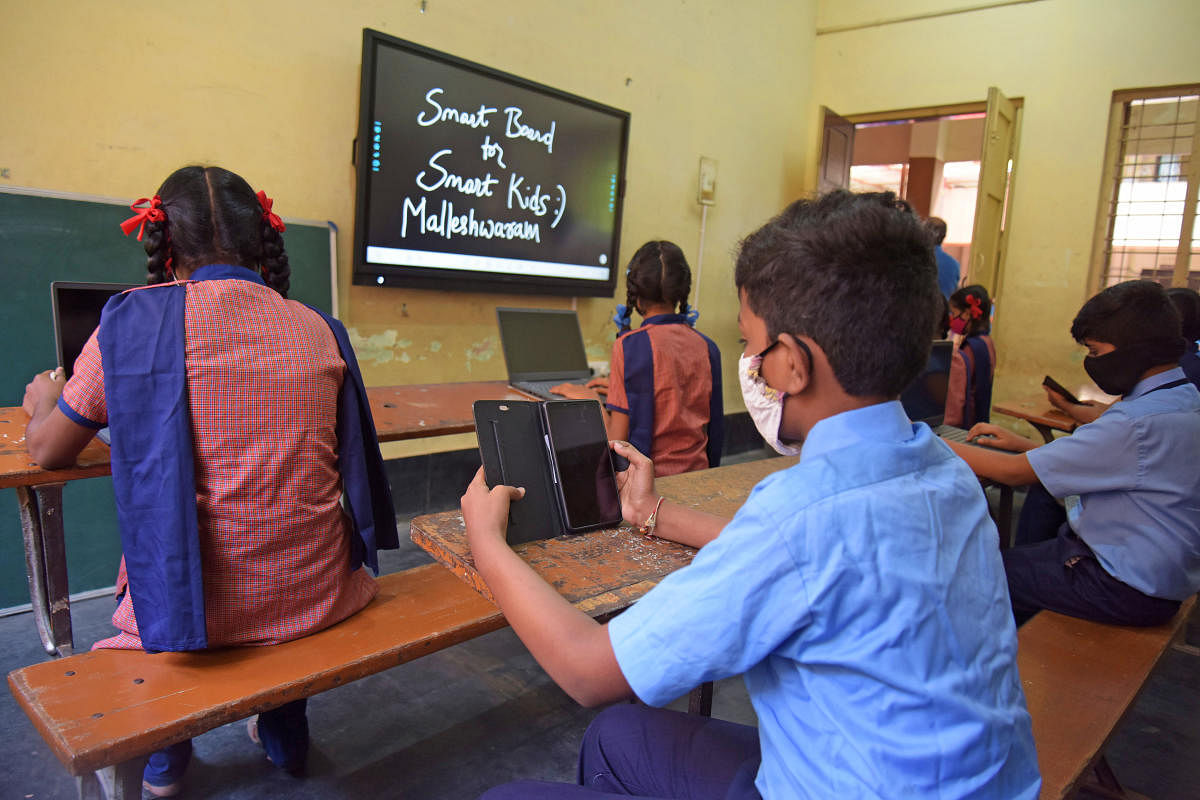
When the world is rapidly adapting to new technology, it is a great time for us to ponder over safety issues that children may face online. Since children have only a dim understanding of the dangers of the internet, some steps can help them remain secure. To start with, we can gauge the threat that the cyber world possesses.
There is no dearth of hackers in this day and being aware of this can only help people stay vigilant. Here are a few best practices to protect our resources:
Phishing scams
If you receive an email that claims your mailbox is full please be careful as this could be an attempt to hack your system. Many hackers adopt this method, attempting to steal information by spreading malware. The malware could offer education loans or an offer to receive money from overseas. Learners could easily identify such scams by looking at the sender’s address. If the email mentions a student’s educational institution, students should inform the organisations immediately about the spam.
Periodically updating the OS relevant to your apps and devices can help you in the long run. To secure the user’s experience the developers of the app keep making changes. So, whenever you receive an announcement, never ignore them. Keep updating your phone apps, computers apps, or tablet apps. This will help students not fall prey to criminals who try to capture our data after thinking ahead of them and secure our information.
One can find many insecure sources on the internet. Public networks are insecure and they are gateways for criminals to gain access to your data. Warning children to stay away from public networks can help keep their data secure. Use an authenticated network that provides protection and does not disturb one during one’s study time.
Encryption
Always use a VPN to keep all your data encrypted. Utilise only the encrypted data websites, apps, and tools. We must be always alert to keep ourselves safe from hackers by using apps, websites, and tools that encrypt our data. While using padlock and ‘HTTP’ websites we would be guaranteed security and safe surfing.
The utility of licensed antivirus can be beneficial in many ways. Installing strong antivirus software on your device will guarantee protection when surfing the internet. No malware can cause damage to your device and criminals can also be prevented from stealing information. Licensed antivirus software can be trusted for this purpose.
Students also should be taught to never share personal information in the web portal. This is one of the most important steps to use the internet safely. In order to be safe, do not share any personal information over the internet without ensuring the authenticity of the receiver.
Last but not the least, protect everything with a strong password. If our passwords are weak, this only provides easy access to hackers who are seeking to steal and mine personal data to sell on the dark web. Payment information and other personal information must always be protected with strong passwords, even if they are difficult to remember. Maintain a password with a mixture of special characters, numbers and eight characters.
Always maintain a backup of important files and secure them with strong passwords. Our files may get corrupted if hackers try to hack them. It is essential for us to back up all important by saving them on the cloud or on external hardware from where we can retrieve them easily. The internet has many sourced of information that can benefit research and stimulate curiosity. Children should be encouraged to access this and improve their knowledge. While doing so, however, they should be taught how to keep themselves safe.
(The writer is principal of Orchids International School)